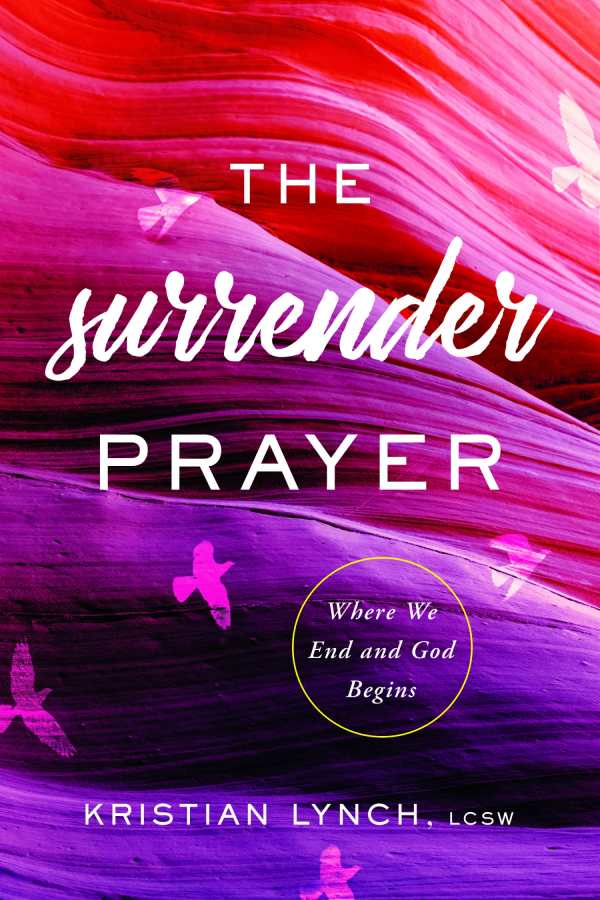
The Surrender Prayer
Where We End and God Begins
- 2017 INDIES Finalist
- Finalist, Body, Mind & Spirit (Adult Nonfiction)
Insights on spiritual gifts are particularly striking when paired with modern problems.
Kristian Lynch’s The Surrender Prayer works to showcase the Bible as a vehicle for hope and healing.
The book’s premise is that established churches don’t always speak to the needs in the world, particularly for those struggling with challenges like addiction and depression.
Written with promise, the book addresses itself to people seeking recovery from such challenges. In particular, it is designed for those who think they no longer have the power to change their circumstances. It draws from both mental health and spiritual perspectives to discuss how challenges should be confronted. The book’s methods seek to bridge the gap between Christian spirituality and modern therapy.
Surrender offers three basic tools for change: awareness of one’s problems, acceptance that change is needed, and surrender—through finally seeing that God is needed in order to move past troubles. These methods are considered in order, and the book almost functions as a workbook as they are examined. Each chapter includes questions for reflection, space to add thoughts, Bible verses, and advice.
With its use of the Bible, Surrender shines. Scripture is used to great effect throughout, both to echo the book’s ideas and to bring context to the outlined spiritual work. Passages about spiritual gifts and tools are particularly striking, especially when paired with modern problems like addiction and depression.
Insightful questions around acceptance make for fruitful reading, as do examinations of a host of issues that could, the book says, be at the root of people’s problems. The book asks people to sit with their “junk,” consider their “pain management,” and argues against just “white-knuckling” through problems. Questions probe past pain and rejection, childhood, and problematic behaviors.
These methods presume a high level of function, perhaps beyond that which may be available to those who are truly at the end of their ropes. Self-knowledge and awareness are both necessary to make the book’s recommendations work best.
The book repeatedly and helpfully stresses that, if its material seems too difficult, people should seek more professional help. It also usefully suggests itself as a good tool for groups that are looking to work on their issues together. It ends with some standard meditations on topics including the Holy Spirit and grace—theological knots that seem hard to untangle through the act of surrender alone.
The Surrender Prayer is a useful companion for those on the road to recovery, or who are searching for answers to some of life’s biggest questions.
Reviewed by
Jeremiah Rood
Disclosure: This article is not an endorsement, but a review. The publisher of this book provided free copies of the book and paid a small fee to have their book reviewed by a professional reviewer. Foreword Reviews and Clarion Reviews make no guarantee that the publisher will receive a positive review. Foreword Magazine, Inc. is disclosing this in accordance with the Federal Trade Commission’s 16 CFR, Part 255.
